Description
Honeywell XNX-UTAV-NNCB1 Universal Gas Transmitter – Flexible 4–20 mA/HART platform for fixed gas detection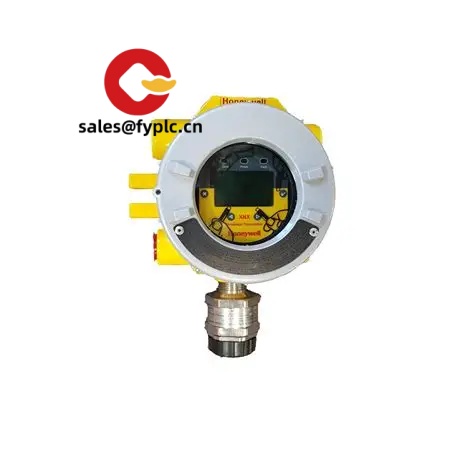
The Honeywell XNX-UTAV-NNCB1 is part of Honeywell’s XNX Universal Transmitter family, designed to standardize transmitters across toxic, flammable, and infrared gas detection points. From my experience, this UTAV variant is typically supplied in a robust aluminum housing with 3/4 in NPT entries, 4–20 mA with HART, and integral alarm relays—ideal when you want a single transmitter that can handle catalytic bead, electrochemical, or IR sensors with minimal engineering overhead. You might notice that it slots neatly into mixed-technology sites and simplifies spares and maintenance in many cases.
Company’s Order Placement Process and Guarantees
- Warranty: 365 days
- Lead time: 1 week when in stock; no more than 1 month at the latest
- Payment: 50% advance; full payment prior to delivery
- Express options: FedEx, UPS, DHL
Key Features
- Universal sensing platform – Works with catalytic bead (mV), electrochemical, and IR gas sensors, reducing variant proliferation across sites.
- 4–20 mA with HART – Standard analog output for PLC/DCS plus HART diagnostics for easier commissioning and maintenance.
- Integral alarm relays – Typically 3 user-configurable SPDT relays for alarm/fault, enabling local horns/beacons without extra hardware.
- Non-intrusive operation – Backlit display and magnetic key interface support configuration and calibration in hazardous areas.
- Hazardous area-ready – Built for Zone/Division classified areas with rugged, weatherproof enclosure (IP66/67 in most cases).
- Protocol flexibility – Many XNX units support RS-485 Modbus RTU or FOUNDATION Fieldbus; this UTAV variant commonly ships with HART as standard.
- Lifecycle efficiency – One thing I appreciate is the standardized spare parts approach, which typically lowers total cost of ownership.
Technical Specifications
| Brand / Model | Honeywell XNX-UTAV-NNCB1 |
| Product Type | Universal fixed gas detector transmitter (for catalytic/EC/IR sensing) |
| HS Code | 9027.10 (Gas or smoke analysis apparatus) |
| Power Requirements | Typically 18–32 VDC; consumption varies by sensor/load (allow headroom for relays/heaters) |
| Signal Input/Output Types | 4–20 mA (sink/source) with HART; 3× SPDT alarm/fault relays (commonly fitted on UTAV) |
| Communication Interfaces | HART over 4–20 mA standard; RS-485 Modbus RTU available on many XNX configurations |
| Operating Temperature | Transmitter typically −40 to +65 °C (sensor head limits may apply) |
| Enclosure & Ingress Protection | Rugged aluminum housing; weatherproof rating typically IP66/67 |
| Dimensions & Weight | Approx. 200 × 180 × 110 mm; weight varies by housing (aluminum vs. stainless) |
| Cable Entries | Typically 3/4 in NPT on UTAV variants (M20 options exist on other codes) |
| Installation Method | Wall or 2-inch pipe mount; proximity to potential gas release points recommended |
Application Fields
XNX-UTAV-NNCB1 is well-suited to oil & gas (upstream, midstream, downstream), chemical and petrochemical processing, power generation, wastewater treatment, metals and mining, marine, and pharmaceutical manufacturing. One maintenance lead told me they deployed it as a single platform across compressor skids (flammables), tank farms (toxic H2S), and analyzer shelters (IR CO2), which simplified training and spares.
Advantages & Value
- Procurement simplicity – One transmitter family for multiple gas hazards; fewer line items and faster rollout.
- Compatibility – 4–20 mA/HART connects directly to PLC/DCS; relays handle local alarms without extra I/O cards.
- Lifecycle savings – Standardized spare parts and procedures typically reduce calibration time and inventory cost.
- Scalability – Add or switch sensor technologies (catalytic, EC, IR) as process requirements change.
- Service support – Honeywell’s global footprint makes replacement parts and technical guidance easier to line up.
Installation & Maintenance
- Mounting – Fix to a rigid wall or 2-inch pipe at the appropriate height for the target gas (lighter-than-air gases near the ceiling; heavier gases near the floor).
- Wiring – Use 18–32 VDC supply with adequate current margin for relays/heaters; shielded cable recommended; ground per site standards.
- Cabinet/Environment – Ensure good ventilation and allow display access for non-intrusive calibration; avoid direct heat sources and high vibration.
- Safety – Follow hazardous area work permits; use the magnetic keypad for live-area adjustments where permitted.
- Routine care – Bump test routinely (weekly to monthly depending on risk); calibrate per gas and sensor type (often quarterly); keep sinter and filters clean; update firmware/config via HART when applicable.
Quality & Certifications
The XNX series is typically certified for use in hazardous locations (ATEX/IECEx, and North American Class I, Div/Zone approvals), carries CE marking, and is designed to meet RoHS where applicable. Exact markings can vary by configuration, so it’s best to confirm the approvals on the nameplate of XNX-UTAV-NNCB1 prior to FAT/SAT. Manufacturer warranty is commonly provided by Honeywell; our commercial warranty coverage is 365 days as listed above.
Related/Supporting Components
- Honeywell catalytic bead sensor heads (flammable gases)
- Honeywell electrochemical cells (e.g., H2S, CO, O2, Cl2)
- Honeywell IR sensor heads (e.g., CH4, CO2)
- Beacons, sounders, and calibration/bump test kits
Note: Configuration code UTAV-NNCB1 appears to indicate aluminum housing with NPT entries, HART/4–20 mA, and onboard relays. If you need Modbus or FOUNDATION Fieldbus specifically, or stainless housing, let me know and I’ll match the exact XNX code to your I/O and environmental standards.

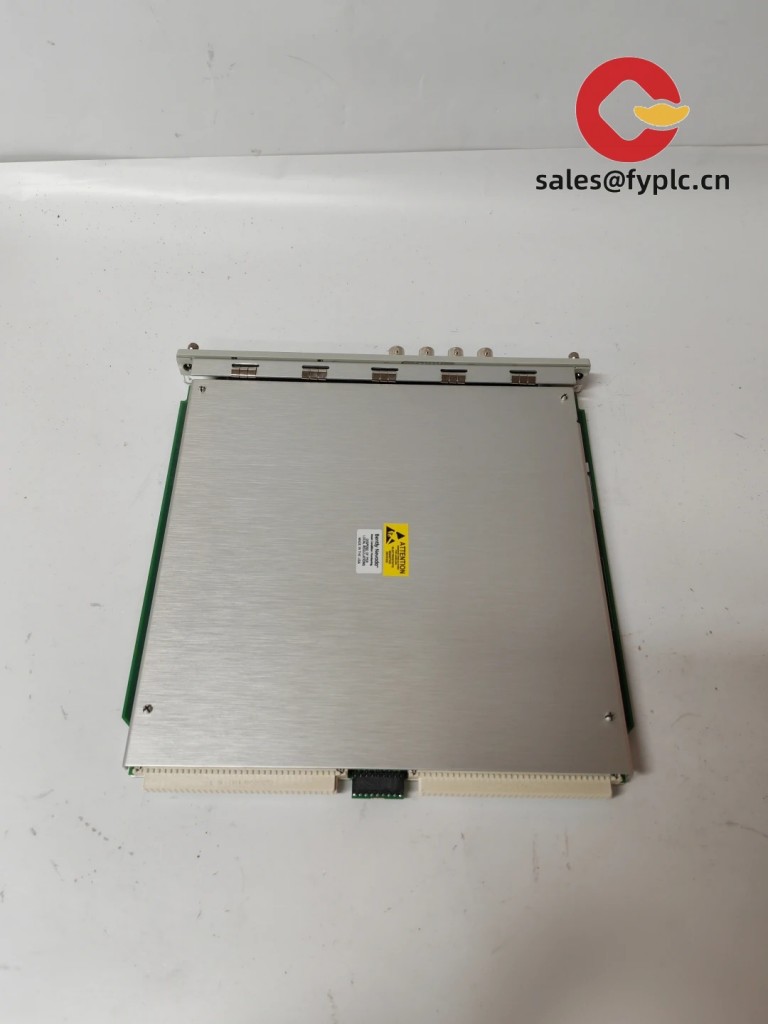
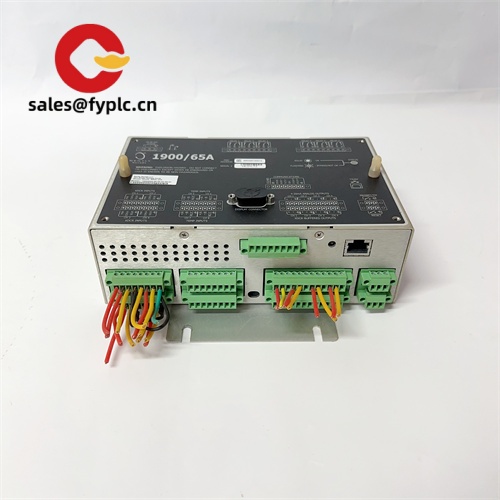

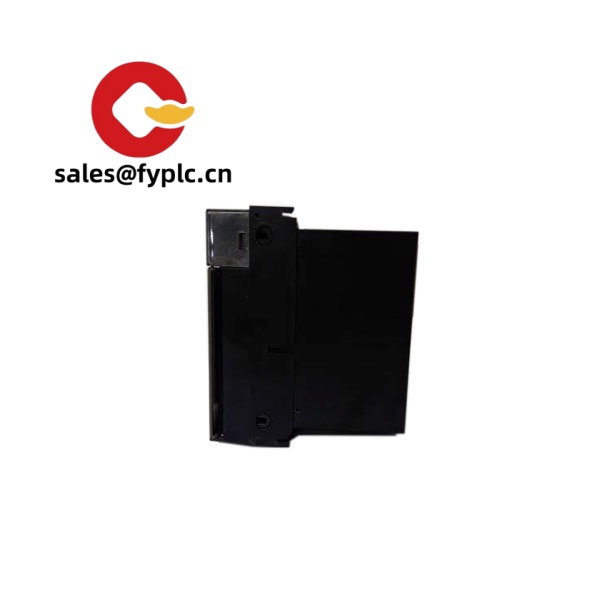
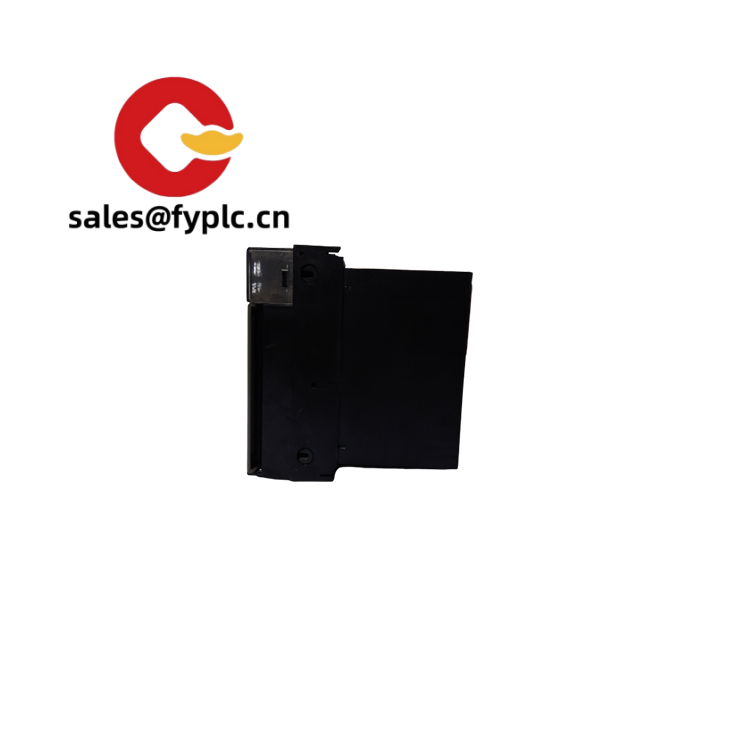
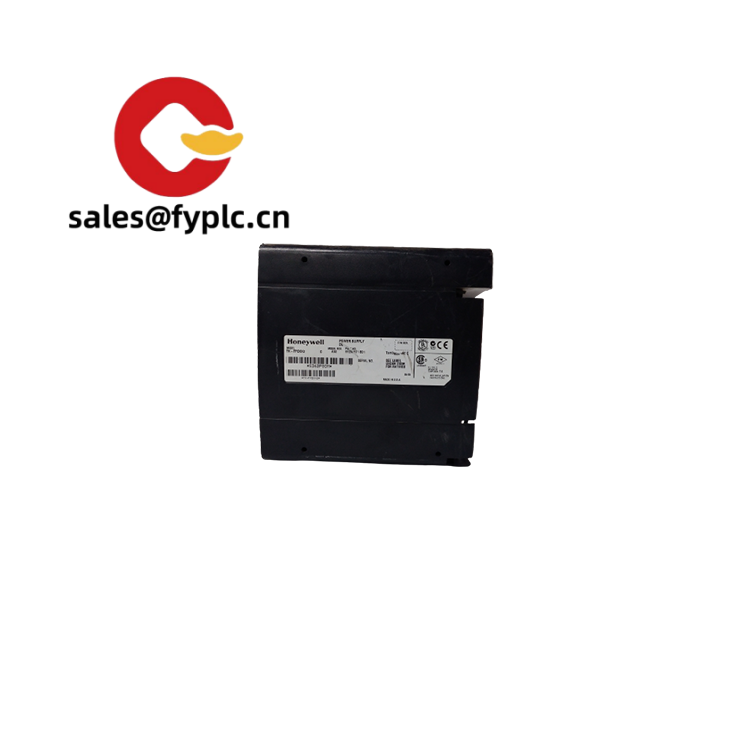
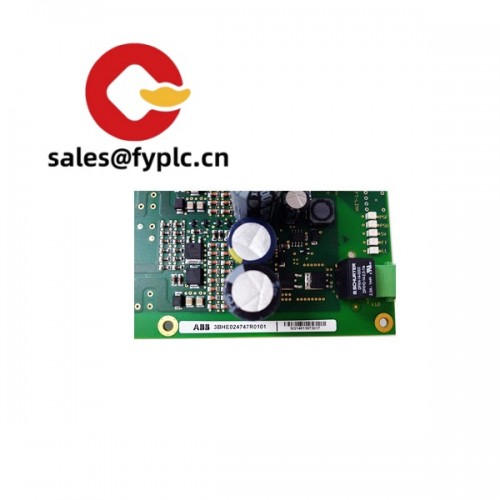
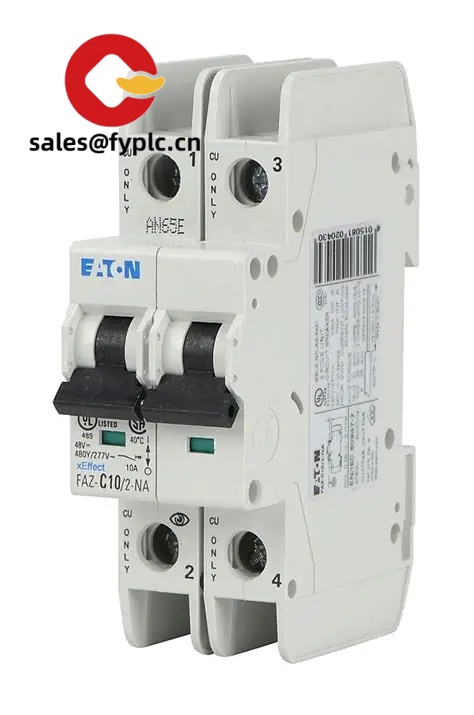
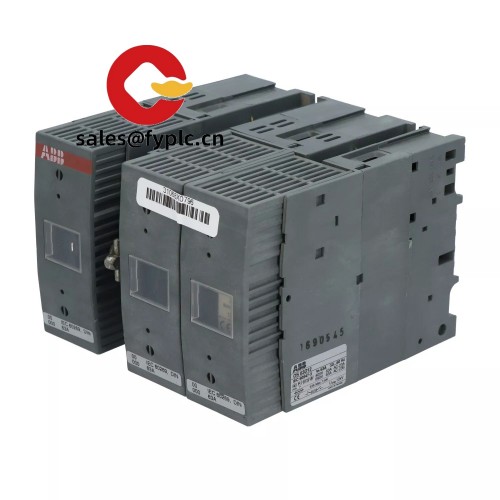
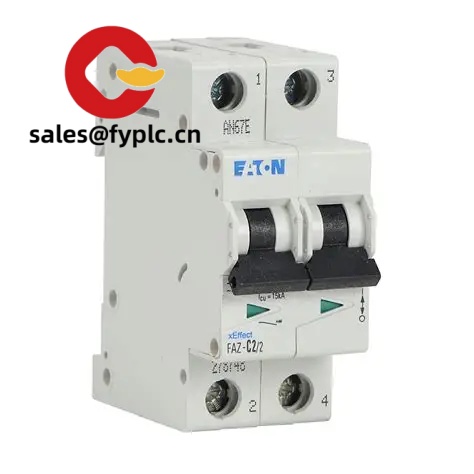
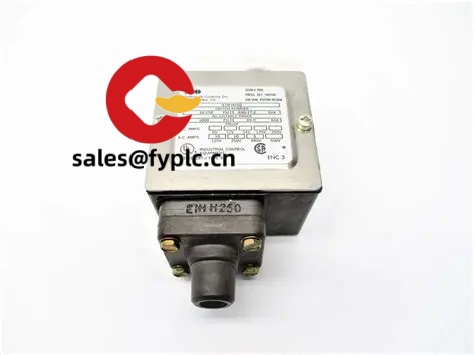


Reviews
There are no reviews yet.